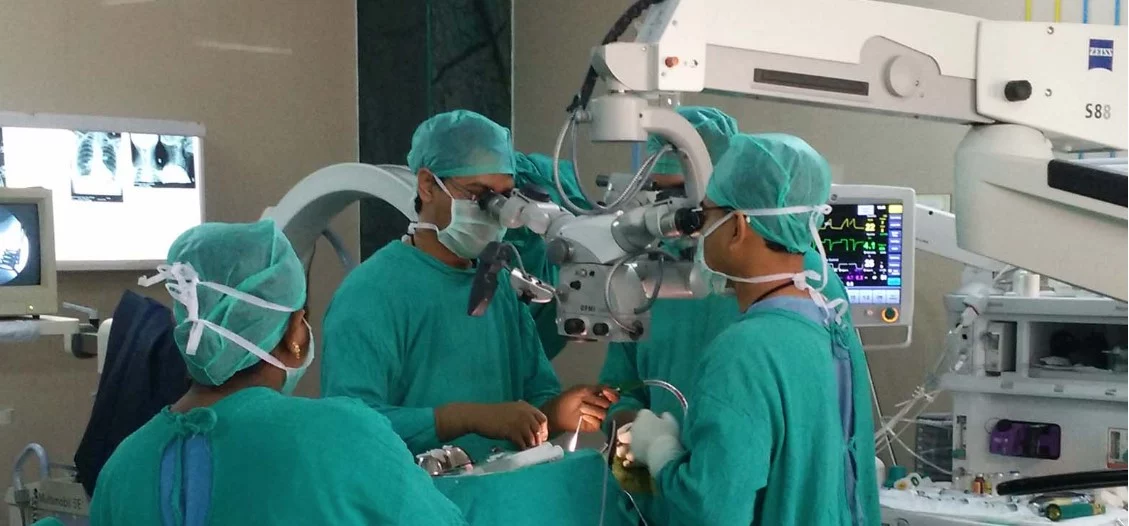
Some research studies make you sit up and take notice when you eye their titles and read the findings.
The Lancet study published on 31 October 2022 is one such. A study everyone entering an OT must read.
Why did I like this study? Because, hundreds of thousands of studies are published every year. But very few are capable of changing your practice. To do so, the intervention they suggest ought to be simple, inexpensive, effective and applicable to your setting.
This study provides strong evidence to change practice in operating theatres around the world. Routine change of gloves and the use of separate sterile instruments at the time of wound closure could prevent as many as 1 in 8 surgical site infections (SSIs).
1 in 8. That is a huge number, if the number of patients at risk of developing a surgical site infections are anything to go by.
Ask surgeons what worries them after they finish the surgery and send the patient to the ward? Surgical site infection. The threat of this infection often looms large over the head of the patient as the proverbial Damocles’ sword.
The SSIs, once developed, trigger so many unpleasant issues: they increase the cost of treatment, prolong the hospital stay, make the patient sicker, and breed irrational use of antimicrobials. Often the patient goes home—dissatisfied and disillusioned.
The Lancet study show surgeon an intervention that is low cost, requires no technology or expensive medicines, and is easily implantable. An intervention that can cut the incidence of surgical site infections, significantly.
Discard the gloves. Wear a new pair of gloves. And replace the instrument set.
Surely if surgeons in our hospital —practising general surgery, urosurgery, oncosurgery, neurosurgery, cardiac surgery, orthopaedics, Obstetrics Gynaecology, head and neck surgery— implement this practice in the operating rooms, our patients shall gain huge benefits.
The study has widely been acknowledged as the one capable of changing the OT practice— worldwide and in all settings.
Of note, India is one of the 8 countries that took part in this study. Thus, the results of the study are applicable to our patients, in our settings.
Time we quickly implement this evidence. A very low cost intervention waiting to be adopted quickly in all operation theatres in our hospital.
